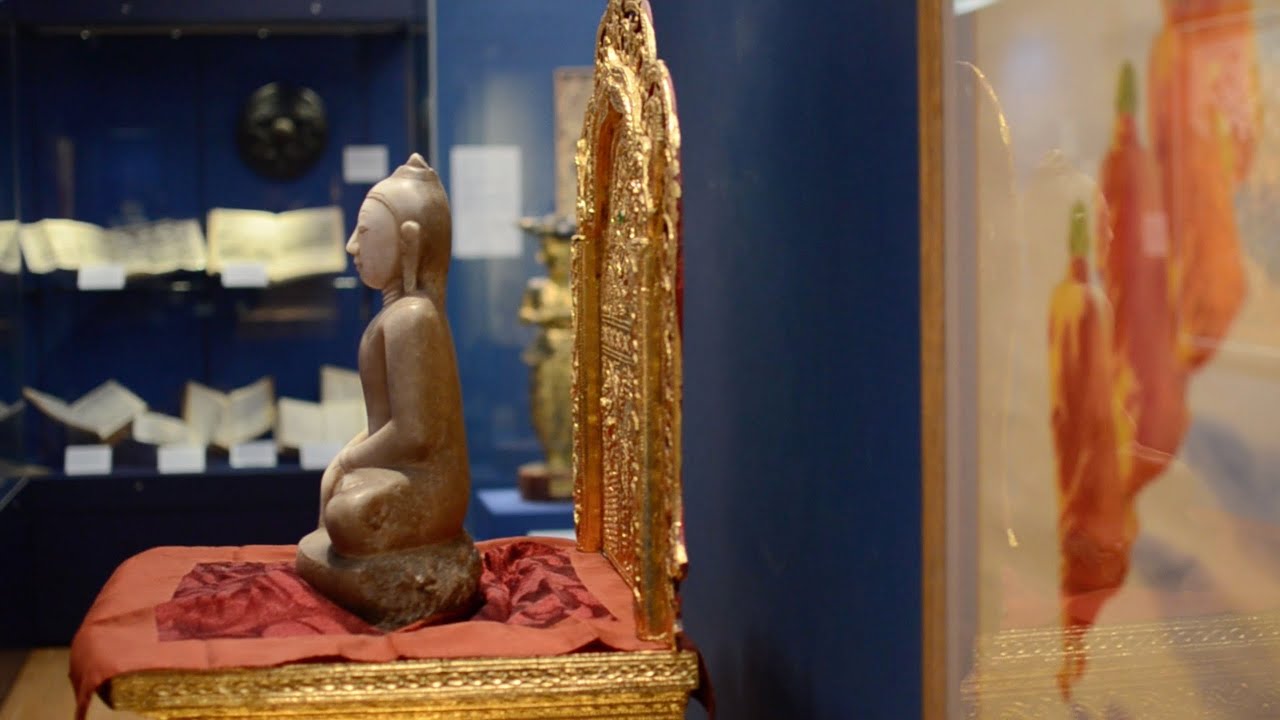Department of History of Art and Archaeology


Overview
The Department is unique in its coverage of the arts, archaeology, architecture and material culture of Asia, Africa and the Middle East from ancient times to the present day.
Our research and teaching focusses on objects of art and material culture from the arts and cultures of Asia, the Middle East and Africa, and their global diasporas. In this respect our location in central London, surrounded by museums, galleries and cultural centres, contributes to an unforgettable and enriching student experience.
We are also deeply committed to thematic and theoretical investigations into art, architecture, archaeology and museology: we want to foster the kind of critical thinking that we believe our graduates should have in order to face the challenges of and make a difference in our changing world.
The graduates of our programmes, from BA to PGDip, MA and PhD, go on to enjoy successful careers across the globe across the arts: in museums and galleries – as directors, curators, exhibition and education officers, conservators, registrars and fundraisers - as well as in auction houses, libraries and archives, academia, arts-based charities and fashion design.
Facts and figures
1st in UK
Research Excellence Framework (REF) 2022
7th in UK
The Times and The Sunday Times Good University Guide rankings for Art History 2022
Our research
SOAS’s Department of the History of Art and Archaeology is internationally unique in its broad coverage of the visual arts, architecture and material culture of Asia, Africa and the Middle East.
Spanning geographically from Japan to Morocco and chronologically over millennia, the Department’s range of teaching and research interests is unmatched. No other British, European or American university provides the variety it offers for the study of Asian, African and Middle Eastern art.
The research expertise of the Department supports multidisciplinary research projects and the cultural output of major museums and galleries, including their education and outreach programmes.
As well as the international art trade, it supports the conservation and understanding of cultures, arts and artefacts in the SOAS specialist regions of Asia, Africa and the Middle East and their diasporas.
We are increasingly interested in digital and interactive arts, including AR and VR, capitalising on our expertise in visual cultures and narratives and on the interdisciplinary environment of the School of Arts, where we work alongside colleagues in musicology, film and screen studies and creative and cultural industries.










